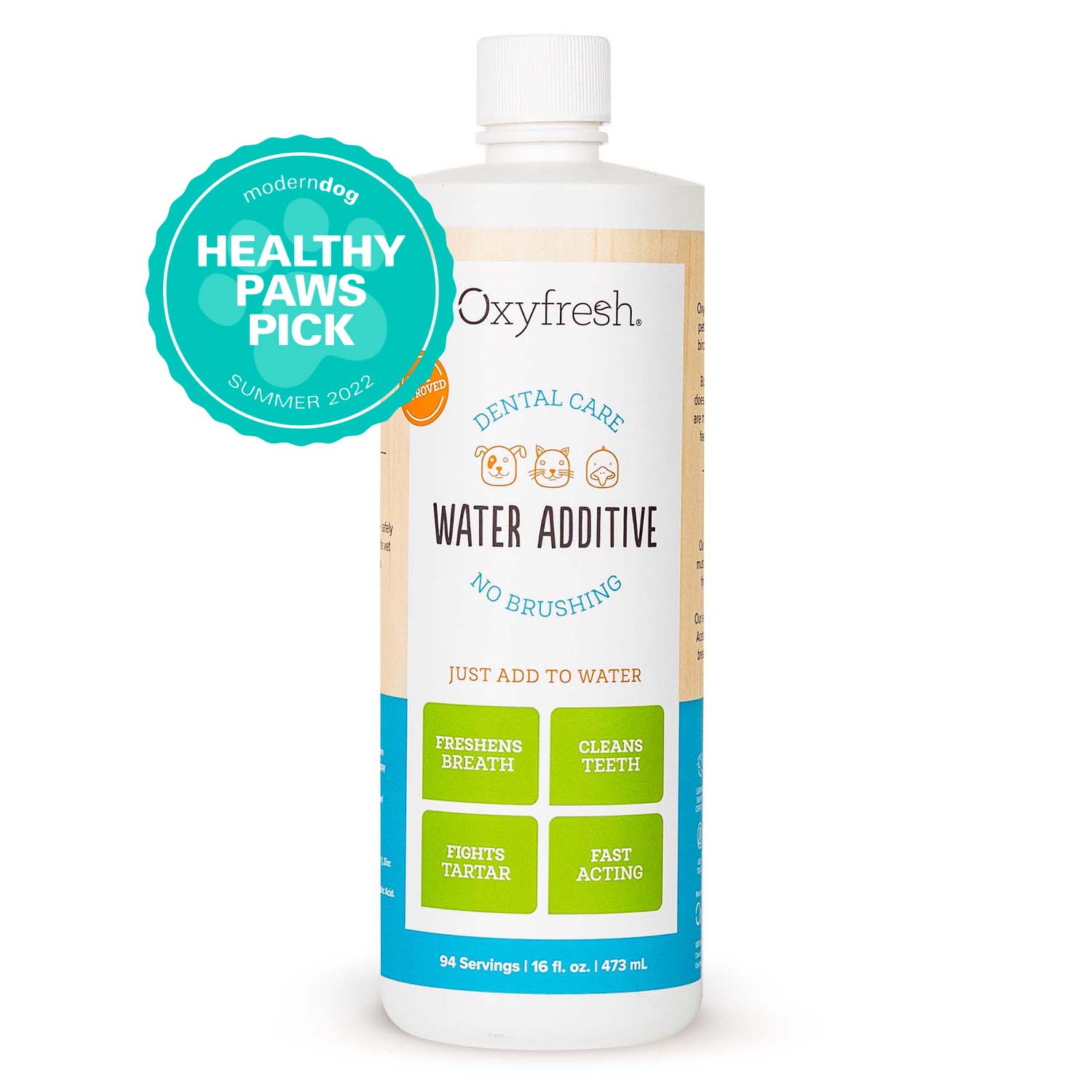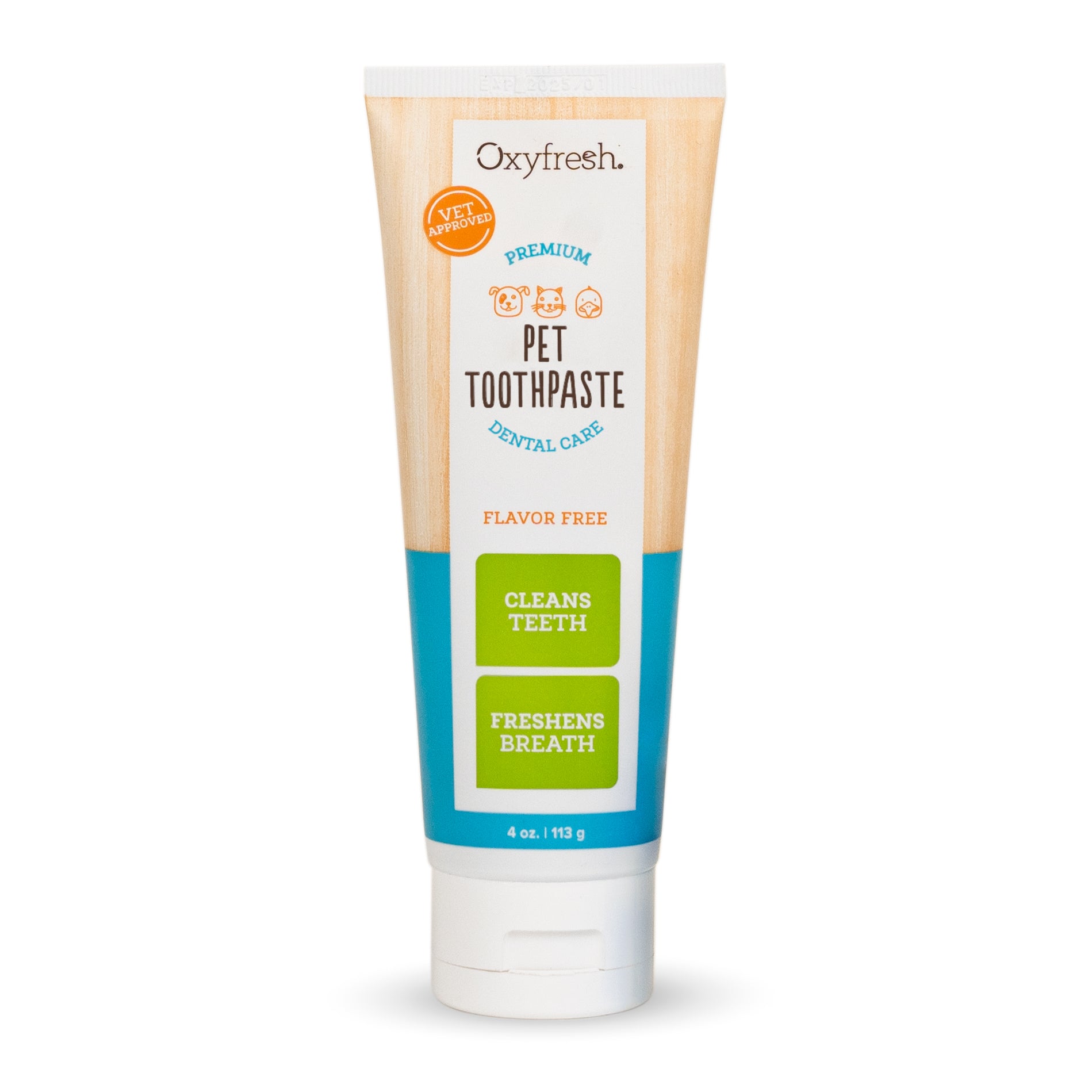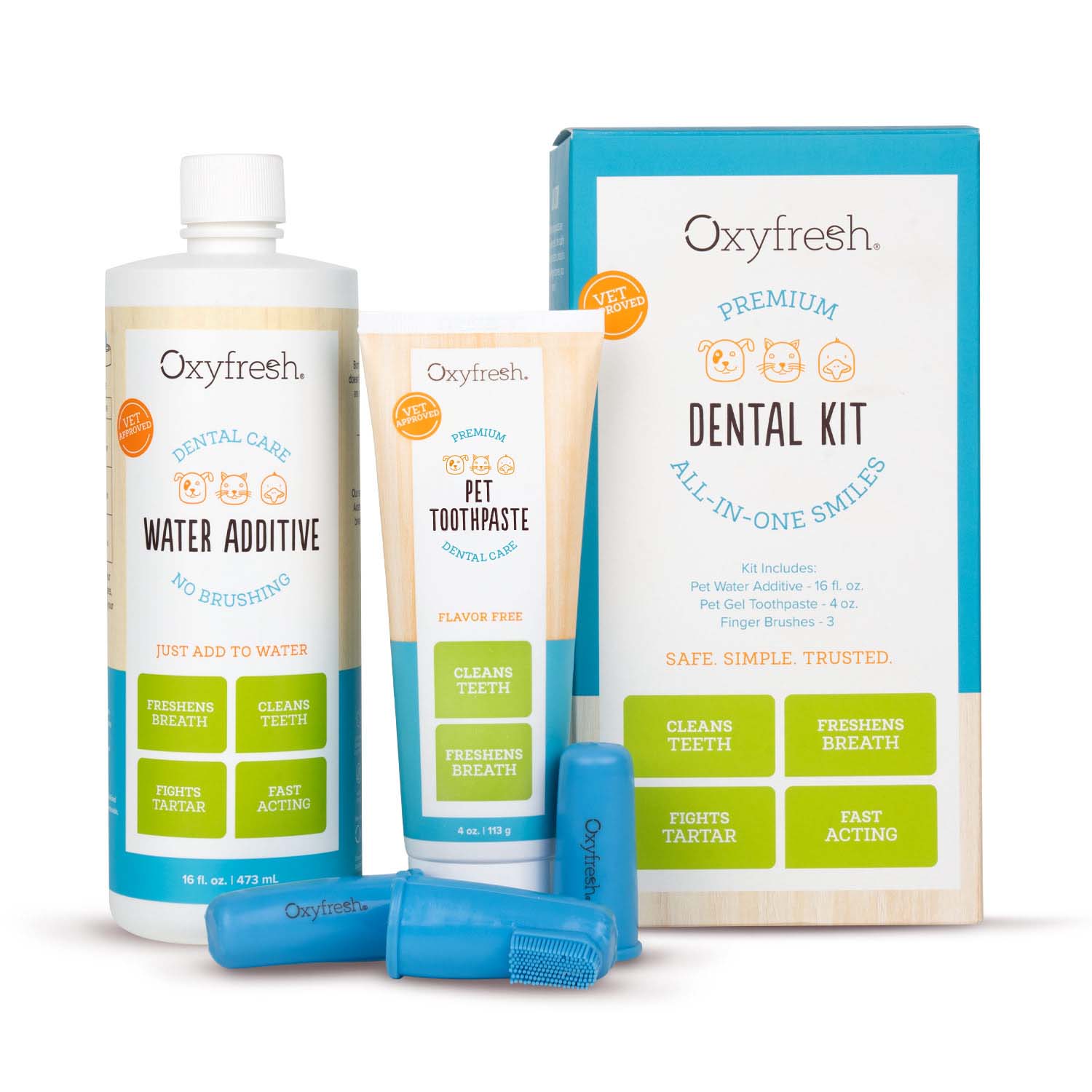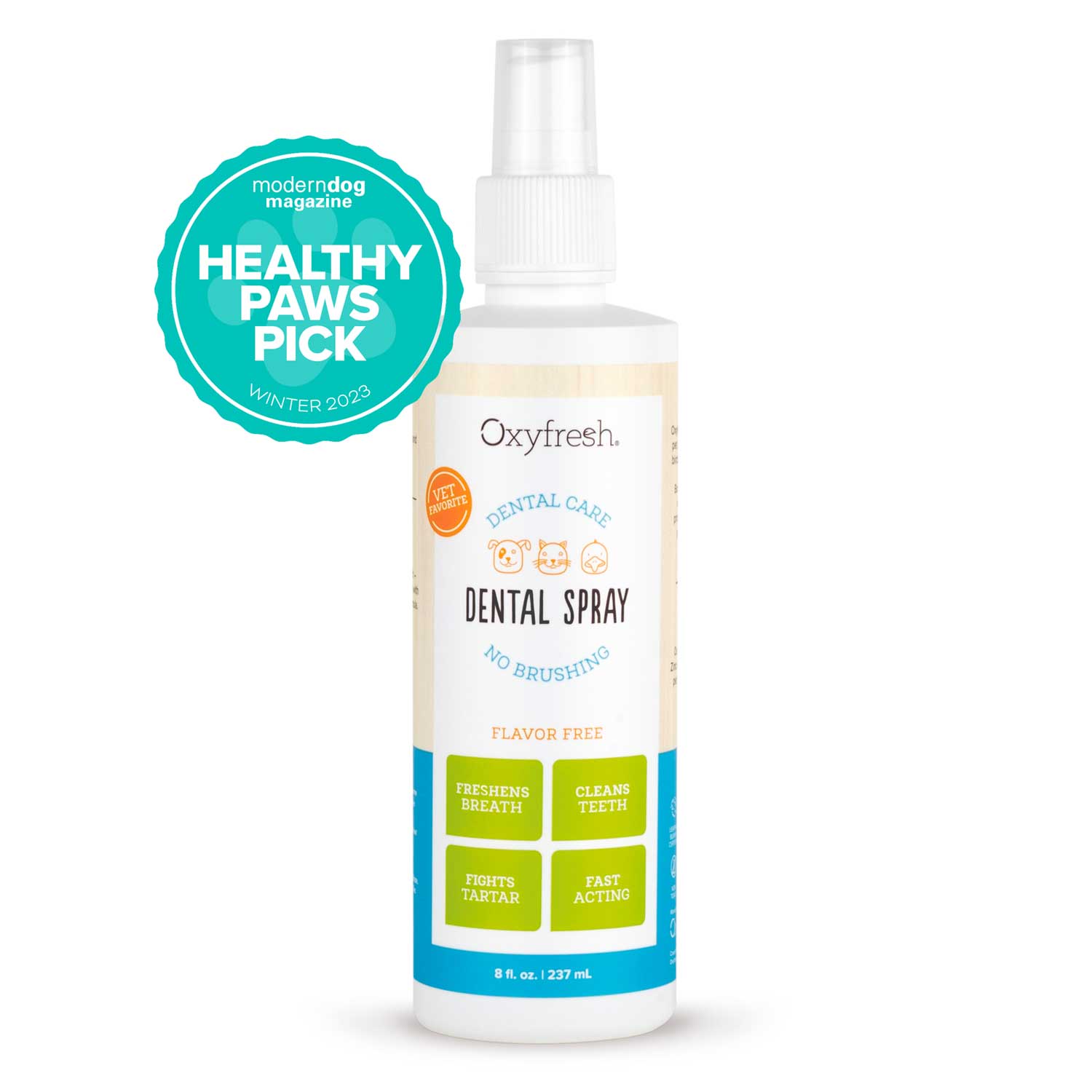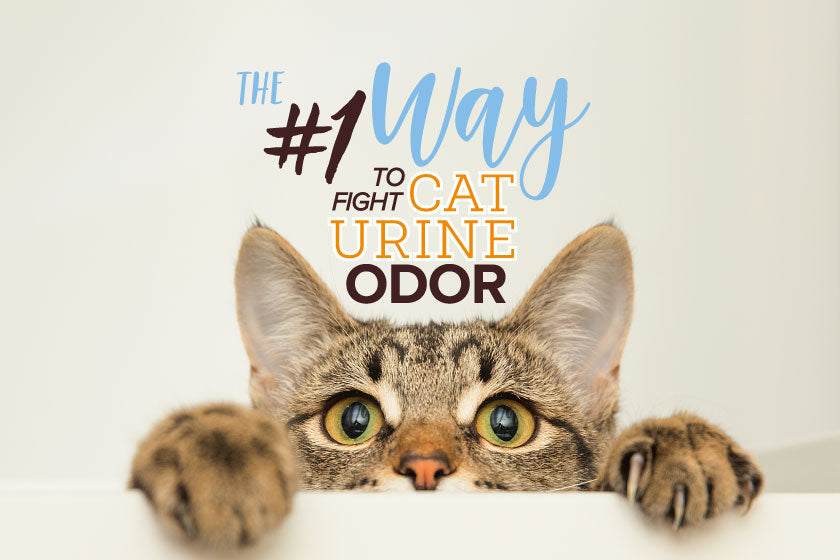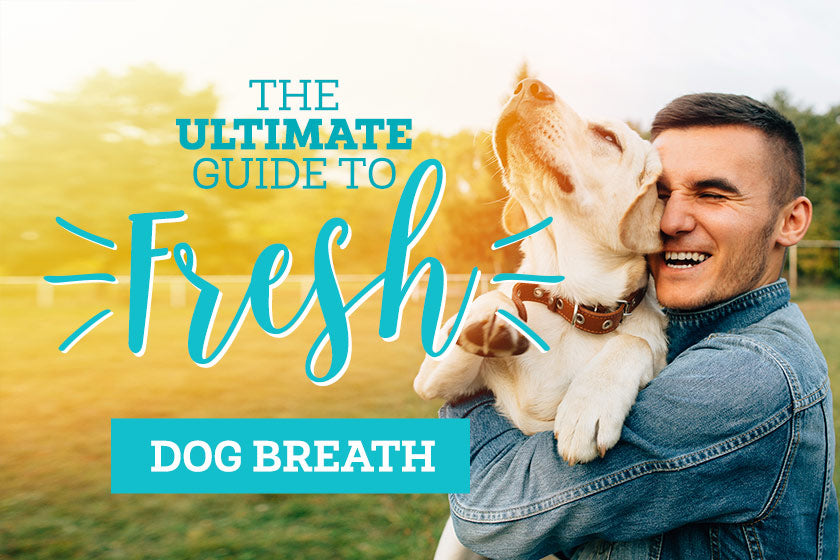If you think your bird has bad breath, don’t chalk it up to your imagination.
While bad breath in birds isn’t very common, it does happen from time to time.
But no need to get your feathers in a bunch over this pesky problem … keep reading to learn what causes bird bad breath, and most importantly, how to stop it in the future.
Why Does My Bird Have Bad Breath?
Bad breath in birds is most often caused by a bacterial infection or Candidiasis (yeast infection). If your bird has bad breath, make an appointment with your veterinarian. A vet will be able to determine if the infection is coming from the gastrointestinal tract, respiratory tract or the oropharynx.
How to Stop Bird Bad Breath
The best thing you can do is be proactive against bird bad breath. By following these 7 tips, you can help diminish your bird’s exposure to harmful bacteria, reduce the chances of a Candidiasis infection, and keep your bird’s breath smelling fresh.
1. Wash Your Bird’s Fruits & Veggies
Many fruits and veggies are grown using manure as fertilizer. This can be a major source of bacteria. Take the extra step in meal planning for your bird and wash those fruits and veggies. This will decrease the chance of your bird digesting harmful bacteria.
2. Bathroom Dos and Don’ts
If you like to bring your bird into the bathroom (no, not for the company, but for the humidity from the shower), then be sure to follow these dos and don’ts.
- Don’t flush the toilet with your bird in the bathroom. Bacteria can become airborne and negatively affect your bird.
- Do wash your hands after using the bathroom and before handling your bird to avoid exposing your bird to bacteria.
3. Avoid Vitamin-A Deficiency
Vitamin A deficiency is a common and serious health problem in birds that are fed a seed-only or mostly-seed diet. This deficiency can make your bird susceptible to bacterial and fungal infections, with symptoms ranging from sneezing and wheezing to depression, diarrhea, and you guessed it … bird bad breath.
Best Fruits & Veggies for Vitamin A
- Apricots
- Broccoli
- Cantaloupe
- Carrots
- Collard greens
- Mango
- Nectarines
- Papaya
- Peaches
- Sweet Potatoes
- Spinach
- Yellow Squash
4. Go Fresh
Speaking of food, make sure that your bird’s food is not rancid or spoiled. This can easily cause bad breath in birds. Seeds that are spoiled will look dull, dusty and dried out.
5. Embrace Your Inner Maid
No surprise here … disease spreads in dirty environments. Dirty bird cages can pose a risk not just to your feathered friend but also to your other family members. Not quite sure how to clean and maintain your bird’s cage? Check out this handy list of daily, weekly and monthly cleaning must-dos.
6. Create a Stress-Free Environment
Stress can trigger a Candidiasis (yeast) infection in your bird, which can then give your bird bad breath. To reduce stress for your bird, follow these tips:
- Make sure there’s nothing in the environment that could make your bird feel threatened. Think spinning overhead ceiling fan. Nice for humans; scary for birds.
- A bored bird is a stressed bird. Make sure to give your bird brainteaser and other stimulating toys.
- Provide lots of ways for your bird to exercise.
- Help your bird get its zzzs. The light bouncing off the TV is not fun for a bird who needs its beauty sleep.
7. Give Your Bird Oxyfresh Pet Dental Water Additive
From cockatoos to Shih Tzus, Oxyfresh’ Pet Dental Water Additive is for every pet with bad breath.
Just add this tasteless and odorless solution into your bird’s water each day to fight oral bacteria and get rid of that bad bird breath. Easy peasy!
Veterinarians use, love and recommend Oxyfresh Pet Dental Water Additive because it’s non-toxic, safe, and works fast to get rid of stinky bird breath.
The Final Word on Bird Bad Breath
Follow the 7 tips above to keep your bird happy, healthy and rocking fresh breath. And remember – if your parrot or other bird does have stinky breath, make an appointment with the vet to diagnose the source of the problem and prescribe an appropriate treatment plan.




